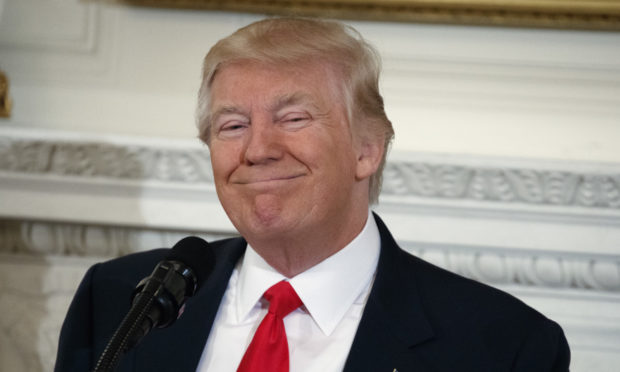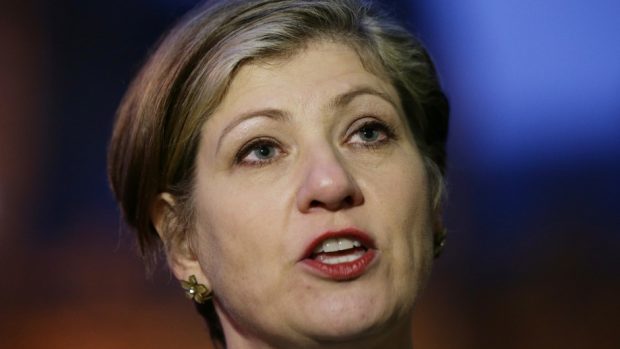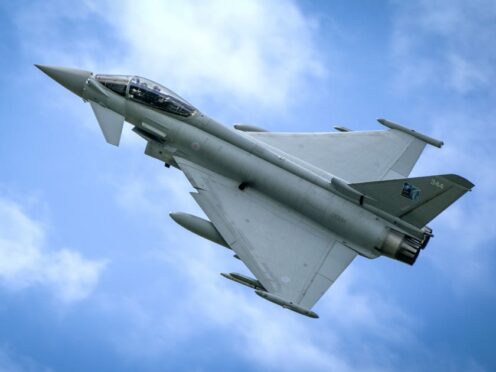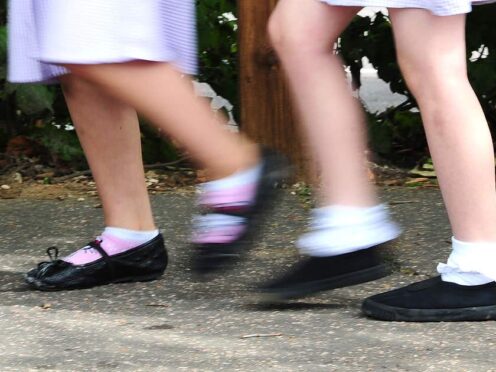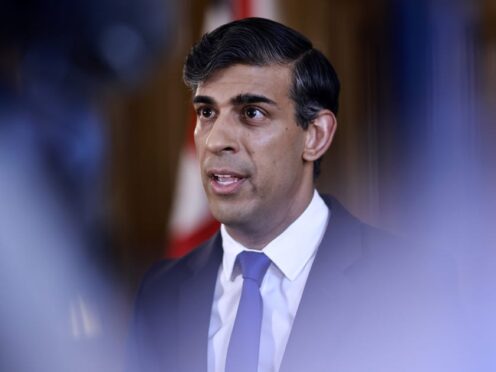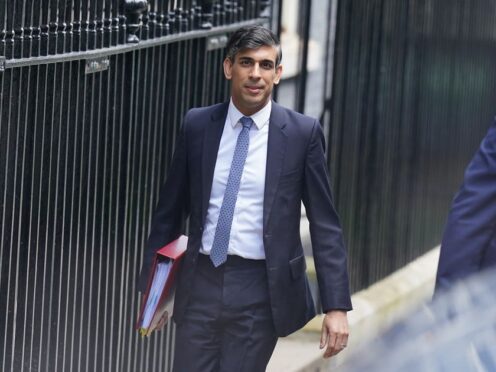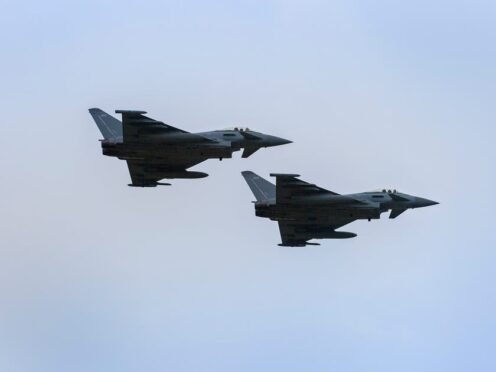Scottish distillers face another six months of hardship, after Donald Trump refused to lift punitive tariffs on whisky and liqueurs.
President Trump imposed 25% tariffs on certain British exports in October as retaliation for the European Union’s illegal subsidies to plane-maker Airbus.
The move has rocked Scotch whisky, with US sales down as much as 47% this year at a cost of more than £300 million.
The industry, already struggling with the fallout from Covid-19, had hoped for a reprieve this week when the US trade body met to review the situation.
But US trade boss Robert Lighthizer concluded “the EU and member states had not taken the actions necessary to come into compliance with WTO decisions” and confirmed the continuation of tariffs for another 180 days.
“It’s deeply disappointing,” Scotch Whisky Association boss Karen Betts said.
“The tariff is inflicting huge damage on the Scotch whisky sector.”
Ms Betts said the UK Government had been “inexplicably slow” in trying to resolve the dispute.
“It has taken the UK Government a full six months after the UK left the EU to start to tackle tariffs directly with the US government, which seems to us inexplicably slow”, she said.
Under the leadership of President Trump, the U.S. looks forward to continuing these important talks with the U.K. and achieving an historic agreement between our two great nations. pic.twitter.com/DanPoEK1xl
— USTR (@USTradeRep) August 5, 2020
“The UK government must now focus its energy on developing a clear strategy for settling the UK share of the Airbus/Boeing and steel and aluminium disputes with the US, rather than looking to the EU to do this for us.
She added: “Negotiations on a free trade agreement with the US will not solve tariffs and will not be credible while they remain in place.
“While we welcomed International Trade Secretary Liz Truss’ visit to the US last week, to talk directly to US Trade Representative Robert Lighthizer, it was clearly too little, too late.”
Ms Truss said the UK would be “stepping up talks” in the days and weeks ahead, she said: “These tariffs damage industry and livelihoods on both sides of the Atlantic and are in nobody’s interests.
“I am therefore stepping up talks with the US to remove them as soon as possible.”
Shadow trade secretary Emily Thornberry said: “Coming on the back of this week’s disastrous growth figures, the maintenance of those tariffs represents a double blow for hundreds of vital British businesses, especially in Scotland, and the tens of thousands of workers they employ.
“Whatever the rights and wrongs of the EU-US dispute, it has nothing to do with the distilleries, farmers, food producers and clothes makers affected by these tariffs, and – at this time of all times – it is an act of economic vandalism for Donald Trump to continue targeting their livelihoods in this way.”
Brendan O’Hara MP, chairman of Westminster’s parliamentary group on Scotch whisky, added: “The industry is now looking to Boris Johnson to come good on his pledge to protect the sector from these punishing tariffs – it’s beyond shameful that we are still waiting for action to follow his rhetoric.”
Scottish Tory leader Douglas Ross said he would be pressuring ministers to agree a swift resolution with the US.
He said: “These punitive tariffs have been severely impacting the many industries they’ve been applied to for far too long.
“I will encourage ministers to take an even stronger line to get that burden removed.”
There was, however, some welcome news from the US for shortbread makers, who were removed from the tariff schedule and gin producers, who it had been feared would be added.
Martin Reid, co-founder of The Gin Cooperative, which represents 75 gin producers in Scotland, said: “It will come as some relief to Scotland’s gin makers, producers and brand owners that their exports of Scottish gin have not been used as political bargaining chips.
“However, more could and must be done to ensure the smaller producers have the support in place should the issue of tariffs change.”
